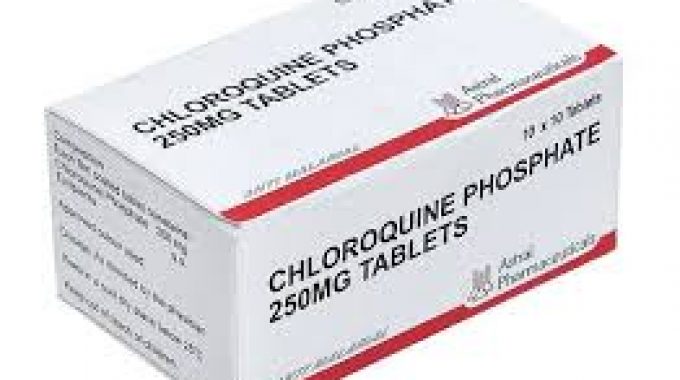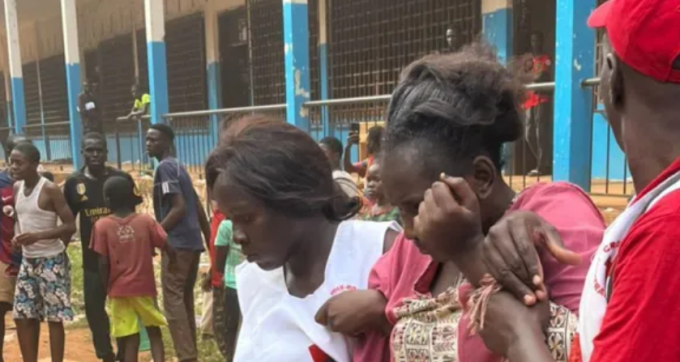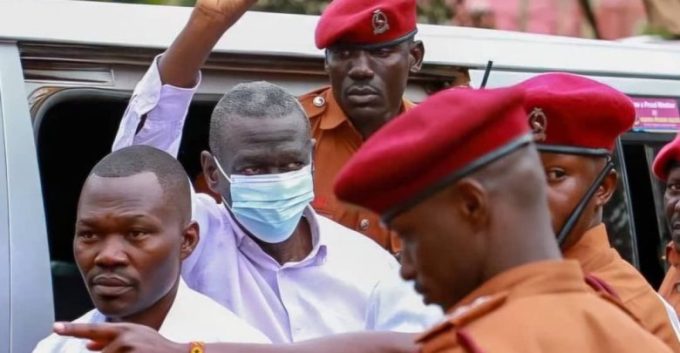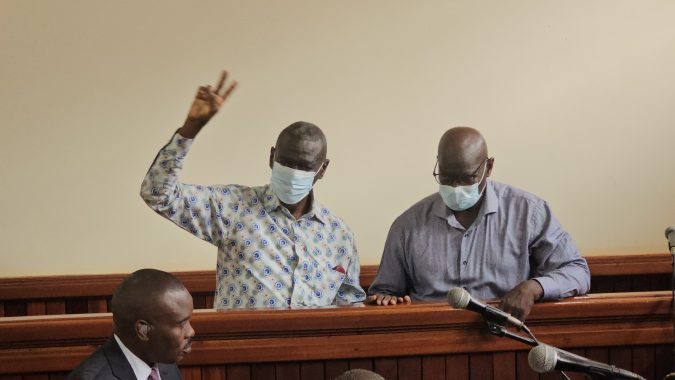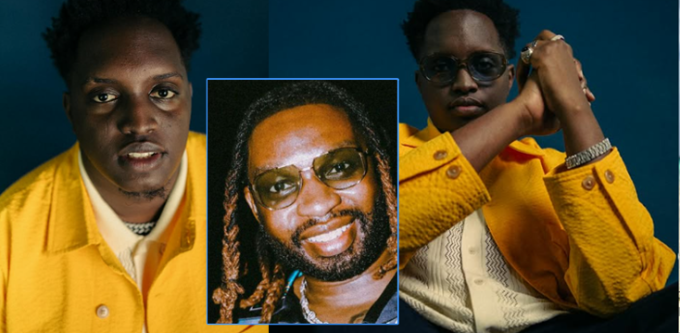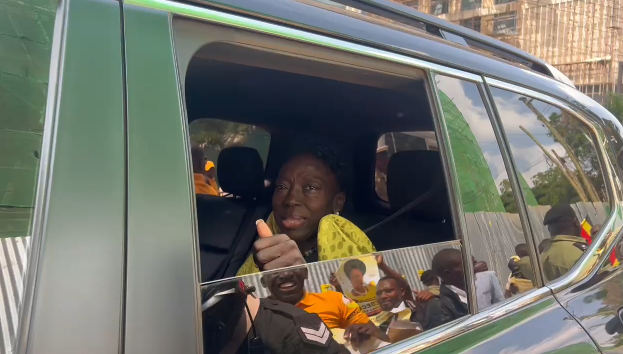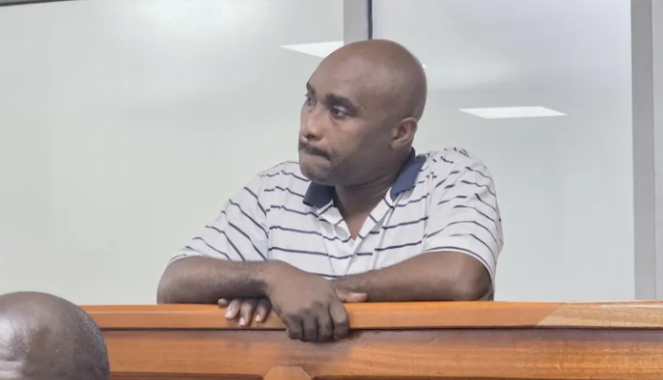The sale of chloroquine tablets without prescription has been banned in Ugandan pharmacies.
This comes after the Pharmaceutical Society of Uganda (PSU) ordered pharmacies to stop any further sale of chloroquine without a prescription with immediate effect.
In a statement issued on Tuesday, March 24, 2020, PSU President Ogwang Patrick Engeu and his Secretary Opio Samuel warned the public against rushing to stock chloroquine tablets.
Ogwang noted that members of the public are stocking the drug thinking its a recommended treatment for coronavirus he, however, stressed that there is no known, effective cure against coronavirus (COVID-19).
The statement reads in part“It has come to the attention of the Council of the Pharmaceutical Society of Uganda of panic buying by members of the public from Pharmacies of Chloroquine tablets for purported use in the management of COVID-19m”.
According to the statement, irresponsible use of the drug can result in adverse effects some of them irreversible.
Pharmacies found doing so will have their pharmacists face the ethics committee and risk suspension.
Meanwhile, Algeria’s health ministry on Tuesday recommended the use of chloroquine in treating the virus. It has said hospitals in the North African nation can use chloroquine to treat patients infected with the coronavirus.
As the world’s health experts race to find treatments and eventually, a cure two drugs have jumped to the front of the conversation: chloroquine and hydroxychloroquine.
President Donald Trump has called the drugs, game changers, and a rush to procure the pharmaceuticals spurred several US states to take measures to prevent shortages.
Chloroquine is one of the oldest and best-known anti-malarial drugs, though it is no longer recommended in much of Africa because of the resistance built up to it by the malaria parasites.
The World Health Organisation (WHO) says that so far there is no definitive evidence of its effectiveness when treating Covid-19, but it is part of the continuing trials.
“Chloroquine seems to block the coronavirus in lab studies. There’s some anecdotal evidence from doctors saying it has appeared to help,” says James Gallagher, BBC health correspondent.


